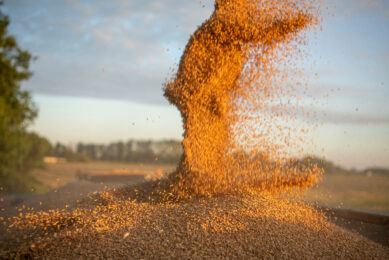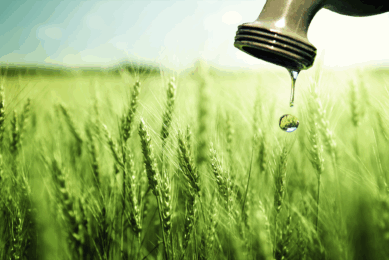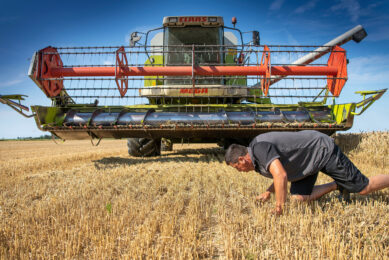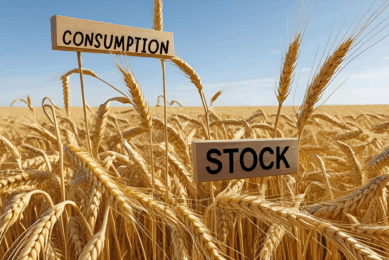Iran: Wheat independence creates shortage
The excessive focus on wheat self sufficiency in Iran has created shortages in other commodity areas and raises the government’s import bill, according to a report in the Financial Times.
The distortions are seen by regime critics as an example of the waste and
economic mismanagement that has bedevilled the Iranian economy for decades and
has been exacerbated by the policies of the current government.
“The
government’s agricultural policies and its obsessive focus on wheat while
ignoring other products has disrupted the agriculture sector,” says Issa
Kalantari, former minister of agriculture and now head of the top nationwide
farmers union.
It was in 2004, under the previous reformist government of
Mohammad Khatami, the moderate president, that Iran first celebrated
self-sufficiency in wheat production.
The Khatami government, however,
appeared to be pursuing the policy grudgingly, as if to show that Iran could be
independent but without ruling out a continuation of imports.
By
contrast, current Ahmadi-Nejad’s administration has been a vigorous supporter of
self-sufficiency, on both nationalist and security grounds.
Wheat
exports
Iran plans to export a total of 400,000 tons of wheat from Shahid
Rejaei Port from September to March 2007, an Iranian official says.
The
private sector has already started exporting Iranian wheat to Oman, the United
Arab Emirates and other neighbouring countries.
Although Iran had been a
net importer of wheat since many years ago, now it has reached a point where
wheat exports are possible. The country needs to purchase special equipment for
facilitating wheat exports.
Imports needed of other raw
materials
But as more and more land has been diverted to wheat
cultivation – 500,000 hectares on top of the 2.2m hectares that were already in
use – the production of cattle feed, cotton, potatoes and grains has suffered,
sending prices higher and pushing the government to increase its
imports.
The Iranian regime sees wheat as a strategic commodity and
always stores at least three months of consumption, which currently stands at
11.2m tonnes a year.











